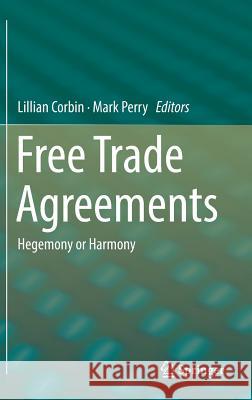Free Trade Agreements: Hegemony or Harmony » książka
topmenu
Free Trade Agreements: Hegemony or Harmony
ISBN-13: 9789811330377 / Angielski / Twarda / 2018 / 161 str.
Kategorie:
Kategorie BISAC:
Wydawca:
Springer
Język:
Angielski
ISBN-13:
9789811330377
Rok wydania:
2018
Wydanie:
2019
Ilość stron:
161
Waga:
0.43 kg
Wymiary:
23.39 x 15.6 x 1.12
Oprawa:
Twarda
Wolumenów:
01
Dodatkowe informacje:
Wydanie ilustrowane











